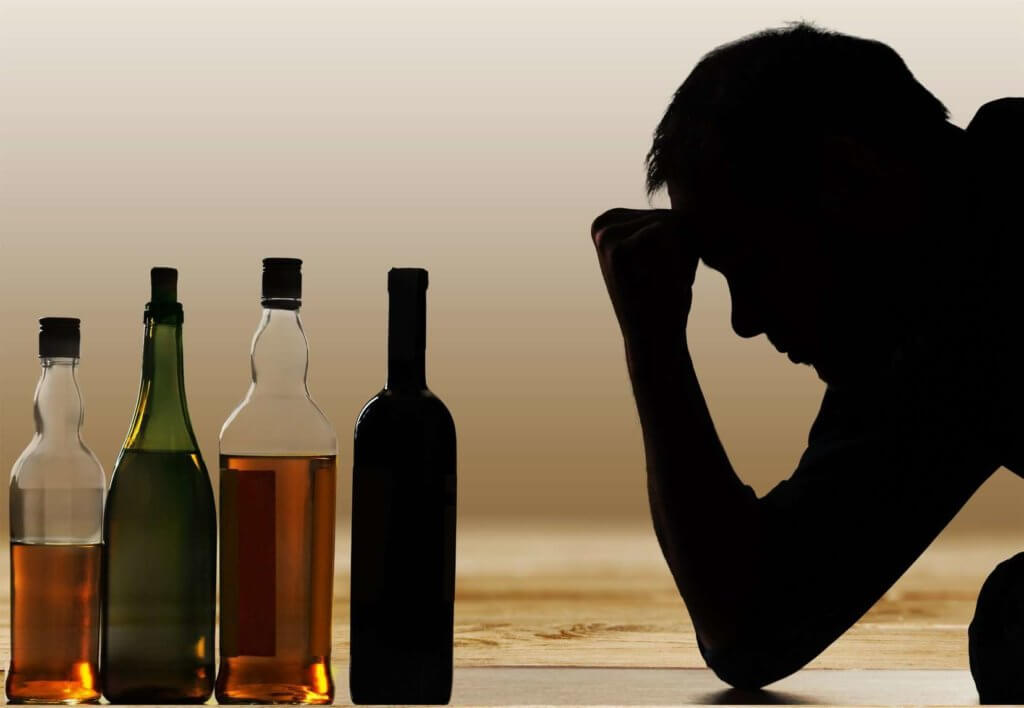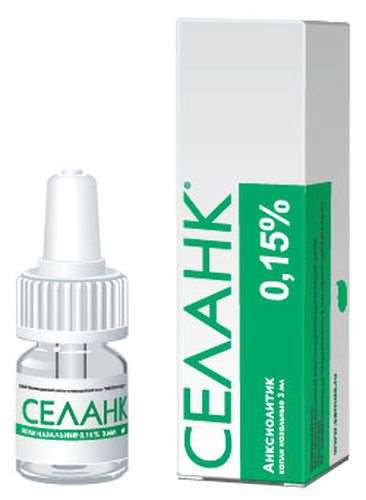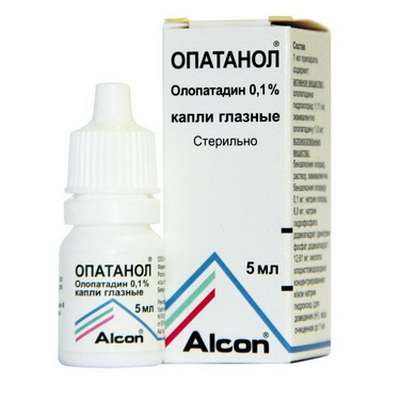I am not an alcoholic!
26 Nov 2018
Many people believe that an alcoholic is someone who "pummles and shakes" every day in the morning and therefore he has to get drunk "for health correction", drinks any alcohol-containing liquid, up to the brake fluid, moonshine, cologne and other surrogates, drinks drinks , is never sober, and by the evening it is barely standing on its feet and with difficulty "crawls" to the house, counting all the pillars on the road forehead, beating up his wife, drinking on things, skipping work, and not holding work for more than one or two months . It is these completely depressed and degraded patients who are usually shown in television programs about the dangers of alcoholism and alcoholism in order to demonstrate their social and moral degradation. Therefore, in the public mind there was an opinion that all alcoholics are just such. And if a person still does not have such severe social and psychological consequences and degradation of the person, then his alcoholic is not considered.

The fact that people do not realize that this person is sick with alcoholism is associated, first, with ignorance of the clinical manifestations of the initial stage of the disease, and secondly, with the existence of a variant of alcoholism, in which there are no obvious socio-psychological consequences.
Any disease, including alcoholism, can have similar symptoms common to all patients. This clinical picture of alcoholism is called typical. But in some patients, the symptoms of the disease differ from the well-known manifestations of it - this is called an atypical clinical picture. Atypical alcoholism can be more severe than a typical (malignant variant), but it can also be lightened (benign, or socially-compensated variant). It is the benign variant most often and "do not see" people, since there are some symptoms of the disease with him, but others do not, and the clinical picture of the disease as a whole differs significantly from the typical one.
Benign alcoholism can be recognized only by a specialist. Neither the drinker, nor his family members, nor his colleagues for many years suspect that this person is an alcoholic.
Everything begins with domestic drinking. However, each drinker believes that he will never get sick with alcoholism. He thinks: "Everyone is drinking now, not just me, not all the drunkards!". His friends-drinking companions, he does not consider alcoholics and believes that he himself will never become one.
The whole trouble is that alcoholism begins much earlier than many people think. The disease develops gradually and imperceptibly both for the drinker, and for his relatives, and for his friends. Everyone considers him a drunkard, and he is already an alcoholic, but he does not yet know about it.
The first, the initial stage of alcoholism, when neither the patient himself nor the surrounding people have any idea that he is ill, can limit himself to several years (with a typical variant), but can last for decades (in a benign variant).
The shorter the initial stage, the more unfavorable the disease; respectively, the longer the first stage, the more benign the course has alcoholism. But in either case, the initial stage will inevitably pass into the second, and with typical alcoholism - into the third; these are the patterns of alcoholic illness. Only with a benign version of alcoholism is the third, the final stage does not occur.
If you still "do not shake" in the morning, this does not mean that you do not have alcoholism (Phenotropil can help you with hangover). It is possible that you still have the initial stage of the disease, so you are "like a cucumber" in the morning. But if you drink often enough, then sooner or later this day will come. And that this did not happen, it is necessary to prevent the transition of the disease from the first stage to the second. And if you are still a drunkard, not an alcoholic, then you must prevent the transition of domestic drunkenness to alcoholism.
When in the morning "batters and shakes" and "the soul asks" to become drunk, - it is already a question of the late stages of the disease. At the same time, alcohol becomes necessary for the patient's body, and alcohol-free severe abnormalities arise - alcohol withdrawal syndrome (hangover syndrome), alcoholic psychosis ("white fever", alcoholic hallucinosis and others) and convulsive attacks can develop.
No matter how his wife (mother) persuaded to stop drinking, the "educational" measures of such a person can not be corrected. His body "requires", and the alcoholic can not cope with this independently. We need cardinal measures to normalize the disturbed metabolism in the body.
Most people judge alcoholism only by the criteria of social and moral decline and degradation of the individual, that is, according to its consequences, and they do not know about the main clinical manifestations of this disease.
Talking with patients and members of their family, it turned out that even they do not know anything about the symptoms of alcoholism and assess it by the presence (or lack) of social and moral consequences - whether they bring home wages, drink things, skip work, offend the wife . However, all this is peculiar not to the initial, but already to the second and third stages of alcoholism. Drugs, a hangover, morning you need freshen the nip, "white fever", cirrhosis of the liver - that's all that many people know about alcoholism. But these are also manifestations of late stages of the disease. And about the very first, initial manifestations of alcoholic illness are not aware not only people who do not have medical education, but even doctors of general medical practice, since in the course of psychiatry in medical institutions, narcology is studied very superficially. Therefore, in most cases, the first stage of alcoholism is regarded as domestic drunkenness.
The fact that alcohol is consumed by millions and thousands are ill with alcoholism allows each person to think that it is this cup that passes this: maybe a neighbor or someone else will get ill with alcoholism, but not himself.
What can happen someday, after many years, does not bother people. We live in the present day, we have troubles almost every day, and if there is a remedy that helps to forget about the problems, then nobody thinks that this will ever lead to illness.
Intimidation by severe consequences, when they do not occur immediately, but sometime later, is usually unsuccessful. It's fun, good and pleasant now, but what will happen in the distant future - people usually do not think, hoping that "maybe will carry". Therefore, the transmission on television, where degraded alcoholics or their disabled children are shown, is not popular. Everyone at the same time thinks: "So it's with alcoholics!" And I'm not an alcoholic, this will never happen to me. "
Perhaps, only in our country to drunkenness public opinion is so condescending, although in words it is condemned. Moreover, drunkenness can be publicly and very zealously branded by a person who himself would not be in a hurry to consult an expert in narcology, but he will never go to the doctor, because he is firmly convinced that he is not an alcoholic and will never become an alcoholic.
Drunkards are many in an environment with a low socio-intellectual level, and among the intelligentsia, and in the creative environment, and in business circles, and among major politicians and public figures. In any drinking group there are not only drunkards, but also patients with alcoholism. But neither they nor their constant drinking companions are aware of this. And to distinguish alcoholics from many of their drunkards around a layman is not so easy.
Drinking and alcoholism are not synonyms. There is a very big difference between domestic drunkenness and alcoholism.
Domestic drunkenness is not a disease, but a tribute to the traditions existing in our society, the influence of "drinking" attitudes taken in this collective (colleagues, friends or relatives), in some communities this way of life; drunkenness can also be a consequence of wrong prejudices.
Drug addiction does not require drug abuse, and a person can at any time voluntarily quit alcohol consumption or significantly reduce it without experiencing any discomfort from abstinence. Household drunkenness can be observed throughout the life of a person, and the amount of alcohol consumed may remain unchanged or increase, but to a certain extent. However, domestic drunkenness can turn into alcoholism, and therefore it is considered a vestibule of the disease.
And alcoholism is already a qualitatively different condition. Firstly, this is not a "bad" habit, but a disease that requires treatment. Secondly, unlike domestic drunkenness, a patient with typical alcoholism not only can not independently stop consumption of alcohol, but also control the amount drunk. Thirdly, a patient with alcoholism has such changes in metabolism that, with a sharp break, the body "rebels", demanding the continuation of drinking (which does not happen with household drunkenness). Fourth, household drunkenness does not have progression (that is, it does not progress), and alcoholism is a progressive disease, and even if its very first symptoms have arisen, the disease will develop steadily, and new clinical manifestations will inevitably arise, and then degradation of the person and all consequences of alcoholic illness. The outcome of a typical alcoholism is natural and inevitable.
To catch a line where drunkenness ends and alcoholism begins, - only an expert can. The drinker himself, if he does not know how alcoholism begins and how it differs from domestic drunkenness, can not determine this side.
Each disease has its own patterns of development. If a person has caught a flu, then he will have a fever, there will be an ache in the whole body, sweating, a runny nose and all other manifestations of the flu. If a person falls ill with gastritis, then he will have all the symptoms of this disease, if not treated at the earliest stages.
Similarly, with alcoholism. If there are first signs, then further alcoholism will develop according to its patterns. Following the initial symptoms, the following will appear, then new ones. They arise not suddenly, but gradually, for several years. Gradually they are summed up, and after years a qualitatively new condition appears. There is no way back. The patient with alcoholism will never be able to return to the initial state and again become a domestic drunkard.
I am often asked by people who are not formally my patients, how to assess their consumption of alcohol - this is alcoholism or not yet.
Even in my practice, I know how many people who are already aware that, perhaps, in recent years they began to drink much more than before. But this is how the human psyche works - people do not like to admit their mistakes, shortcomings, negative character traits or excessive consumption of alcohol, and usually seek excuses. In the heart of understanding that he drinks too much, a person justifies his drunkenness for some external reasons or situation for his or her relatives and friends - they persuaded friends, there was a business meeting, a banquet, it was impossible to give up drinking, there were troubles or just bad things mood, I wanted to relax or get distracted from my problems and stuff. Today one reason, tomorrow another, the day after tomorrow the third, - and it turns out that a person drinks almost every day or several times a week. "It's time to tie ... - in the end the drinker decides - Everything, from tomorrow, not a drop! Well, maybe just a couple of glasses for the company ..." - and then again some "respectful" occasion, and he can not refuse.
While the use of alcohol does not affect the state of health, relationships with his wife or at work, - the drinker does not worry about anything. He believes that he drinks no more than others: just as much or more than he himself, all his friends, friends, business partners and colleagues drink. In his opinion, they are not alcoholics, and he, too, is not an alcoholic. But in fact, this may not be so at all. His friends may be drunkards, and he may already be an alcoholic. Or friends too for a long time are sick of an alcoholism, and he on them is equal, considering them healthy.
So a person continues to drink until one day early in the morning he wakes up with a dry throat and a heart-pounding heart, when a bottle of cold beer seems to him the limit of dreams, and he is ready to give everything for it.
The fact that after a "cool booze" in the morning will be bad - no one is news. Among people who drink, there is even such a saying: "If it's good today, then it will be bad in the morning."
So you know, dear reader, that if after drinking is "bad in the morning," then, first, alcoholism already exists, and secondly, it is already at least the second stage of the disease.
And how many people have such people who periodically or regularly feel "badly in the morning", but no one even assumes that this person has long been an alcoholic ?! In the conversations of drinking buddies with each other, the mention that "this morning was such a strong thirst" is a common occurrence. However, a strong thirst in the morning is one of the symptoms of a hangover. A hangover (its other names - hangover syndrome, alcohol withdrawal syndrome) means late stages of alcoholism.
But usually thirsty business is not limited. In mild cases, in a hangover state, there may be sweating, which is aggravated by physical stress, headache (but in some patients the headache never hurts) or a feeling of emptiness in the head, a decrease in appetite, lethargy, weakness, absent-mindedness, lack of assortment, inability to concentrate and tune in to work. A person needs to make an effort to get involved in his daily professional duties. He does not want to work, but he overpowers himself, looking forward to the end of the day. The efficiency and productivity of the work performed is reduced.
At the very beginning of the second stage of alcoholism, there may not be all, but only some of the listed symptoms of a hangover - first thirst, with the passage of time joins a headache. The remaining symptoms of hangover syndrome occur later, as the disease develops. And the further, the hangover is heavier. (phenotropil can cope with this problem)
Most people quite rightly consider alcoholics of those who are drunk with strong alcoholic beverages in the morning. But beer is considered a low-alcohol drink, so those who drink beer in the morning to get rid of thirst after yesterday's drinking - do not consider themselves alcoholics.
However, in this case, the alcohol concentration in the alcoholic beverage does not matter. In the language of narcologists, the use of beer or any other alcoholic beverage in the morning, in order to "improve health" - is called morning freshen the nip. But even if a person has "endured" in the morning, but "corrected his health" after work - then this is also a drunkenness, it is called late, or delayed rearing. That is, in any case, if "it's bad in the morning," if there are at least some of these symptoms, and because of this, a person is forced to resort to the help of any alcoholic drink the day after drinking, it is a matter of drunkenness, which indicates already about the second stage of alcoholism.
The banal alcoholic, if possible, is not exchanged for such "trivia" as beer, but gets drunk with his usual drink: if he prefers vodka, then he will be drunk with vodka, if port or other fortified wine - then they will get drunk. But if the alcoholic can not get vodka or wine, then he will drink any drink that is available, including surrogates. And beer or champagne for the sake of a hangover from the morning is drunk by those who seek excuses for themselves, believing that if it's low-alcohol drinks, then, he is not an alcoholic.
Alcoholism begins much earlier than many people think. From the moment of its occurrence to the appearance of hangover syndrome and its other severe symptoms, not one year has passed. But if the disease has already formed, it will necessarily progress according to its patterns, and the presence of its most important symptom (craving for alcohol) does not allow the patient with alcoholism to independently stop ayanism. The patient himself for many years may not realize that this symptom already exists, and continues to rest assured that he is able to stop drinking as soon as he wants.
People with narcology almost always turn to the late stages of the disease, when severe consequences of alcoholism have appeared. While a person in the morning gets up without symptoms of a hangover, he does not think about addiction treatment. Only the wife or parents unsuccessfully try to persuade him to stop drinking, he promises, and his family is waiting and hoping that he will "come to his senses." And the forecast of alcoholism in the far-gone cases can be unfavorable.
Therefore, we must try to identify the disease, when it is only just beginning. Better yet, do not wait for alcoholism to form, and knowing from what it starts, on time to remember, when it is still fixable.

 Cart
Cart





